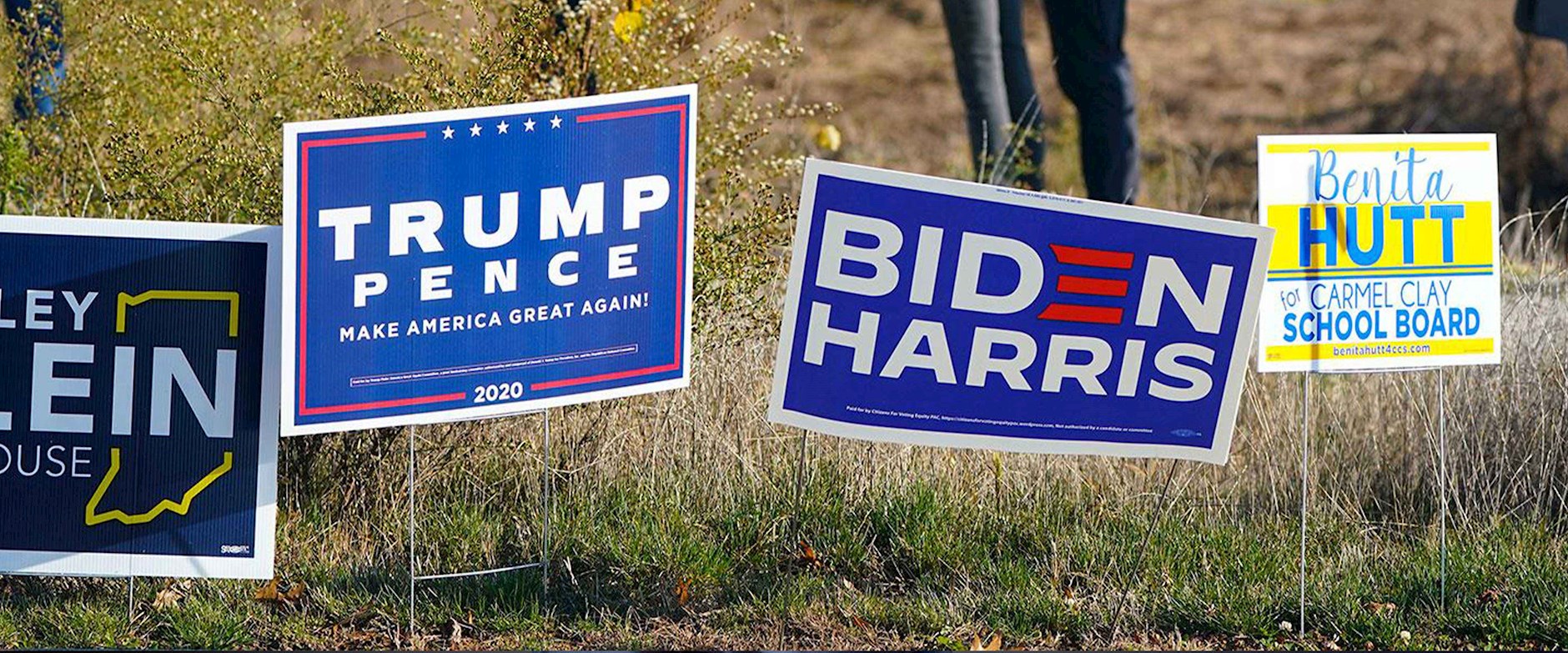
Does Non-GAAP Reporting Increase Firm Value?
Regulators may want to curtail their use, but ‘alternative numbers’ may prompt businesses to spend more on R&D.
Does Non-GAAP Reporting Increase Firm Value?
Associated Press
As political polarization has grown in recent years, the path of US economic policy increasingly depends on which party holds office, write Northwestern’s Scott R. Baker, Stanford PhD candidate Aniket Baksy, Stanford’s Nicholas Bloom and Jonathan A. Rodden, and Chicago Booth’s Steven J. Davis. Hotly contested national elections can sow uncertainty, which can in turn lead to indecision among companies and consumers, ultimately dampening the overall economy.
And as contentious elections draw near, economic policy uncertainty (EPU) tends to rise, find the researchers. “Elections represent a key source of uncertainty that can affect the investment, spending and hiring decisions of both firms and individual households,” they write.
The researchers studied EPU patterns surrounding national elections in 23 countries and observed that EPU climbed in the months before national elections, reaching a peak increase of 13 percent, on average, in the election month itself. In US presidential races, the fog was thickest in November, when EPU rose 18 percent relative to its average value in the same election cycle. To measure EPU in countries around the world, the researchers tallied the frequency of newspaper articles that discussed economics, policy matters, and uncertainty.
Taking a closer look at the United States, they find that closely contested elections in times of strong political polarization involved especially large increases in EPU. Stock market volatility jumped too.
They consider an election “close” if the difference in the expected share of overall votes—as tabulated by polls taken over the course of the three months prior to the election—is less than 5 percent. (By this measure, every US election since 2000 has been close.) To estimate polarization, the researchers used a formula built on surveys by the American National Election Studies that capture voters’ animosity toward the opposing party. (According to the formula, the past five out of six elections have been polarized.)
US elections that were both close and polarized produced a 28 percent higher level of EPU than occurred during election cycles that were neither close nor polarized, the researchers find. “Since polarization has steadily increased in recent years and presidential elections are more frequently close, election-related spikes in uncertainty have become an important feature of the American investment environment,” they write. “Most notably, the election in November 2020 is both polarized and (according to betting odds) perceived as close, suggesting this could induce a large spike in economic policy uncertainty.”
The trend toward EPU doesn’t appear to be slowing anytime soon. At policyuncertainty.com, Baker, Bloom and Davis maintain a variety of uncertainty indexes, along with posting related research. In the US, average EPU since 2008 has been twice as high as in the previous 23 years. And they note that an election still being contested in the courts come December won’t help.
Scott R. Baker, Aniket Baksy, Nicholas Bloom, Steven J. Davis, and Jonathan A. Rodden, “Elections, Political Polarization, and Economic Uncertainty,” Working paper, October 2020.

Regulators may want to curtail their use, but ‘alternative numbers’ may prompt businesses to spend more on R&D.
Does Non-GAAP Reporting Increase Firm Value?
Research suggests the experience of poverty can shape decision-making.
Does Poverty Make You Behave Differently?
Yale’s Hélène Landemore joins the Capitalisn’t podcast to talk through her vision of participatory democracy.
Capitalisn’t: Reinventing DemocracyYour Privacy
We want to demonstrate our commitment to your privacy. Please review Chicago Booth's privacy notice, which provides information explaining how and why we collect particular information when you visit our website.